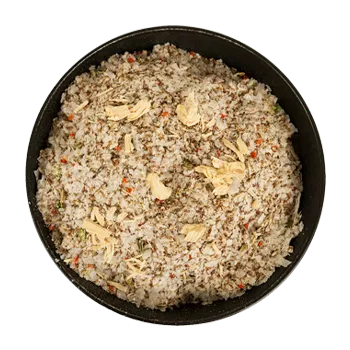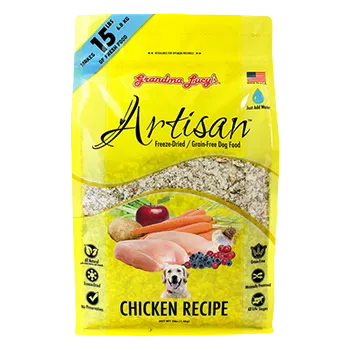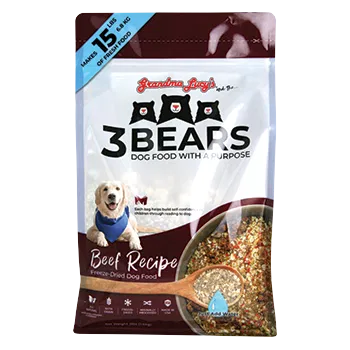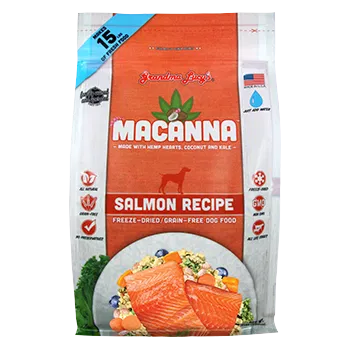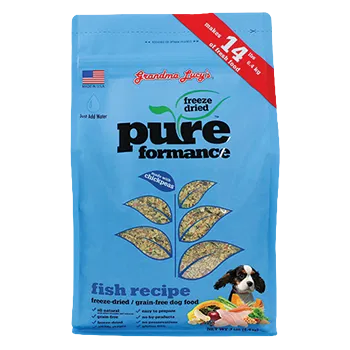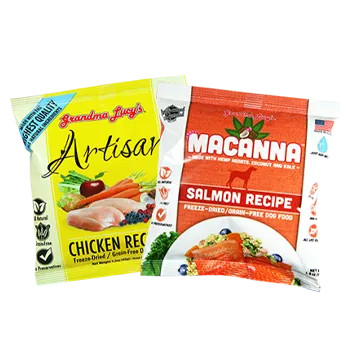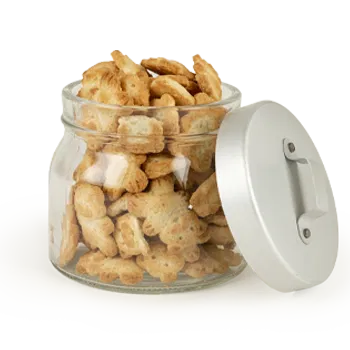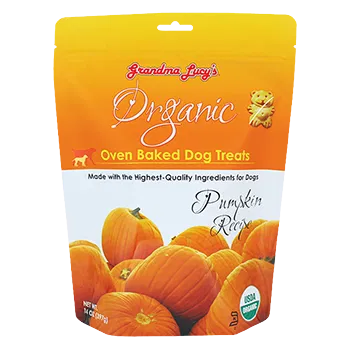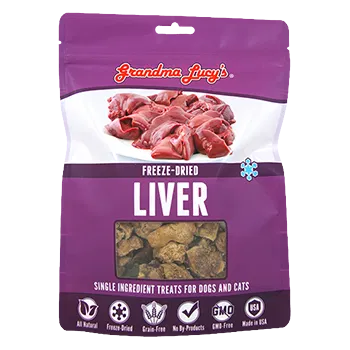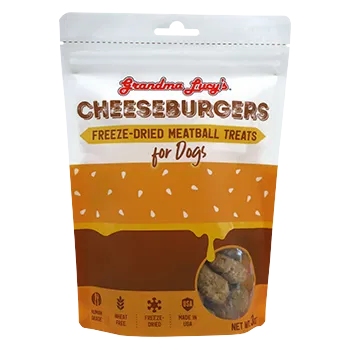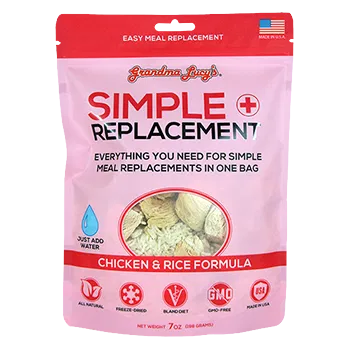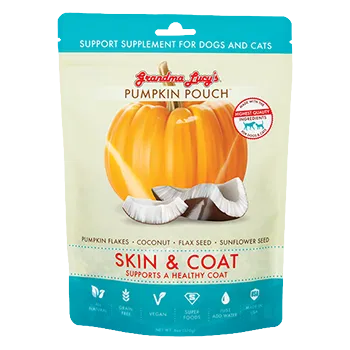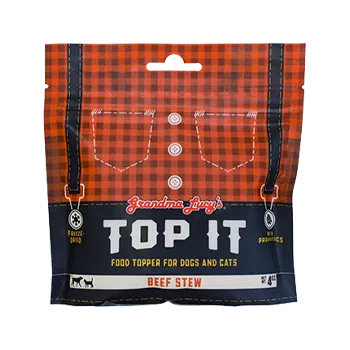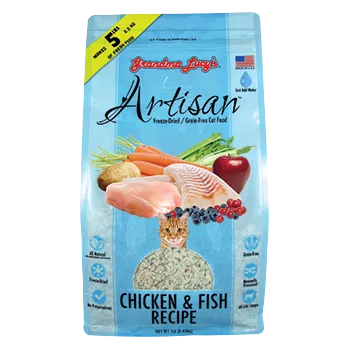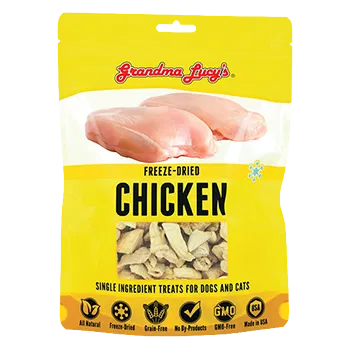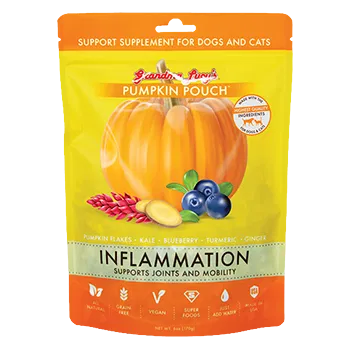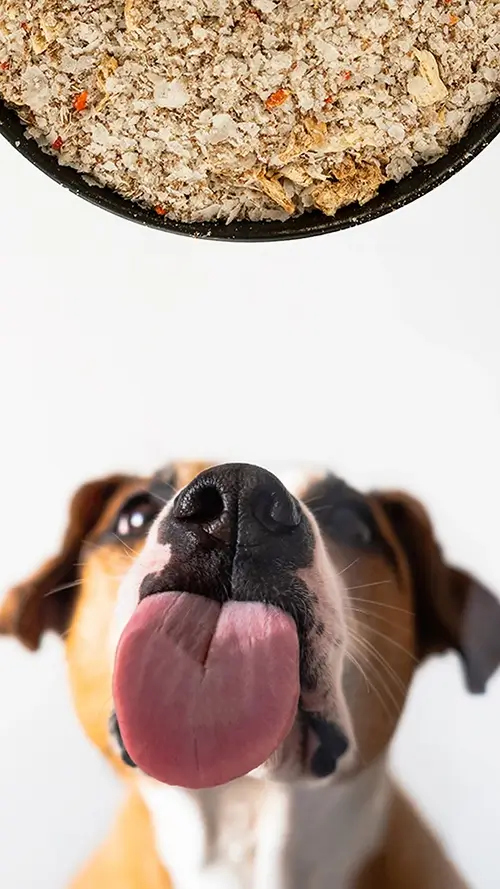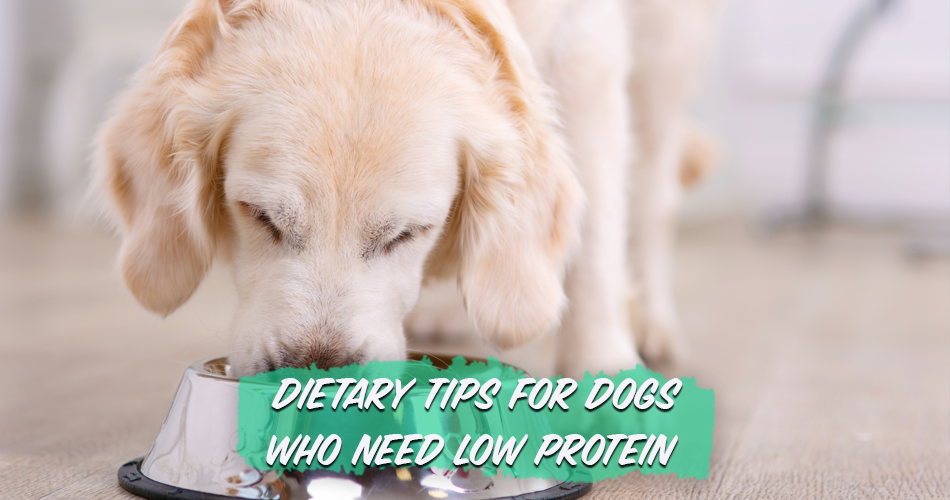Kidney, liver, or weight problems can be some of the common reasons why pet parents seek low protein diets for their furry companions.
Having a dog with low protein needs can be challenging due to the restrictive diet they must abide by. How does one manage limiting treats and certain foods to highly food motivated pets? The short answer: discipline. We have compiled a list tips that can help you manage your pet's unique dietary needs alongside the help of your pet's veterinary professional.
Limiting Treats
When we are told that our pets need a low protein diet, we tend to get stuck on thinking about limiting protein in their food and overlook the protein content in treats. Limiting your pup's treat intake and opting in for treats that are single ingredient with low protein is crucial to maintaining minimal protein intake.
Low Protein Foods
Pet parents who have pups with low protein needs and would like to feed a high quality food have a hard time finding a food that they want to feed their pet. Although there are many prescription diets out there, some of them can contain ingredients that don't align with the all natural and high quality diets pet parents want to feed their fur babies. A great way to control the amount of protein that your pup is consuming when it comes to their staple meals are to use a pre-mix, which contain essential vitamins and minerals and are highly customizable. Having a blank canvas to work with will allow you to work with a dietary specialist or veterinarian to introduce the correct amounts of proteins your pup can have.
Varying Animal Proteins
Meat varies in the amount of protein it has depending on which animal it came from. Below are some examples of how many grams of protein are in 100 g of each of the common meats found in dog food.
- Salmon 20 g of protein per 100 g of meat
- Pollock 23 g of protein per 100 g of meat
- Lamb 25 g of protein per 100 g of meat
- Beef (lean and ground) 26 g of protein per 100 g of meat
- Turkey (lean and ground) 27 g of protein per 100 g of meat
- Chicken 27 g of protein per 100 g of meat
- Goat 27 g of protein per 100 g of meat
- Venison 30 g of protein per 100 g of meat
Adding Extra Water To Their Diet
Protein changes for your pet could mean they will be getting less food than normal. By adding extra water to their diets (whether they be freeze-dried or other forms), you are creating a full feeling effect for your pet. The extra hydration is great for pups who may have kidney or liver issues as proper hydration is recommended. This will also give pets who need need to lose weight a full feeling.
It is recommended that you consult your pet's veterinarian before making any strict dietary changes if your pet suffers from any conditions. These tips are meant to be insightful and do not substitute professional medical suggestions.

